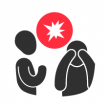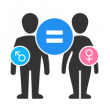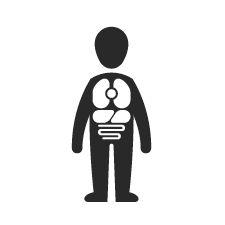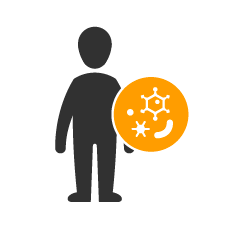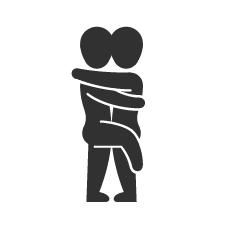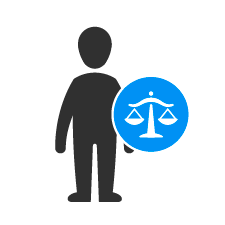Every society has a different opinion about what honour is. Honour is often closely linked to the fact that a person is recognized and valued in society. Often a person needs to fulfill certain expectations in order to be recognized. If a person does not meet these expectations, this is often understood as a violation of that person's own honour or the honour of the family.
If the honour of the family is or could be harmed, families sometimes use power to restore the family's honour. Some families also use violence to do this. The goal of the violence is to save the honour of the person or the familiy or restore lost honour. This is referred to as honour related violence.
The honour of the family is often related to the behaviour of the women in the family, but both boys and girls, men and women, are victims of honour related violence. For instance if:
- there is a concern that someone is no longer a virgin,
- someone has (sexual) relationships before marriage,
- someone is opposed to arranged marriage,
- someone acts or dresses differently than the family wants or expects,
- someone decides to have an abortion.
In Norway, any form of violence against other people is forbidden. Therefore, honour related violence is also forbidden by law and is punished.
Forms of honour related violence
In many societies, men have more freedom and power than women. The roles of men and women (gender roles) are very different. That's why most victims of honour related violence are women.
Honour related violence can have many forms, for example:
- Control: you are supervised by family members and cannot go out with friends or go exercise.
- Physical punishment: your are kicked or beaten.
- Psychological punishment: you are spoken to offensively or threatened, the other members of the family no longer speak to you, do not look at you and ignore your presence.
- You are forced to marry against your will (forced marriage).
- You are forced to commit suicide.
- You are murdered by another family member.
Sometimes men also experience honour related violence, for example, if they are homosexual or if they disagree to an arranged marriage.
The people committing the violence are usually related to the victim. Sometimes it is the victim’s partner. More than one family member can commit this type of violence. The people committing the violence might get support from others who believe that the violence is necessary to restore the honour of the family.
Getting help
If you are a victim of honour related violence or are afraid of it, seek help:
- Talk to someone you can trust.
- If you go to school, you can contact your teachers for help. Talk about your fear of violence. Tell them exactly what you are afraid of. Then your teachers can better help you.
- Contact specialized organizations or counselling services that can help you.
- Contact your local crisis centre.
- Contact the police. Talk about the violence. Tell them exactly what has happened to you. Then the police can help you.
You can get more information about how to get help at dinutvei.no.



